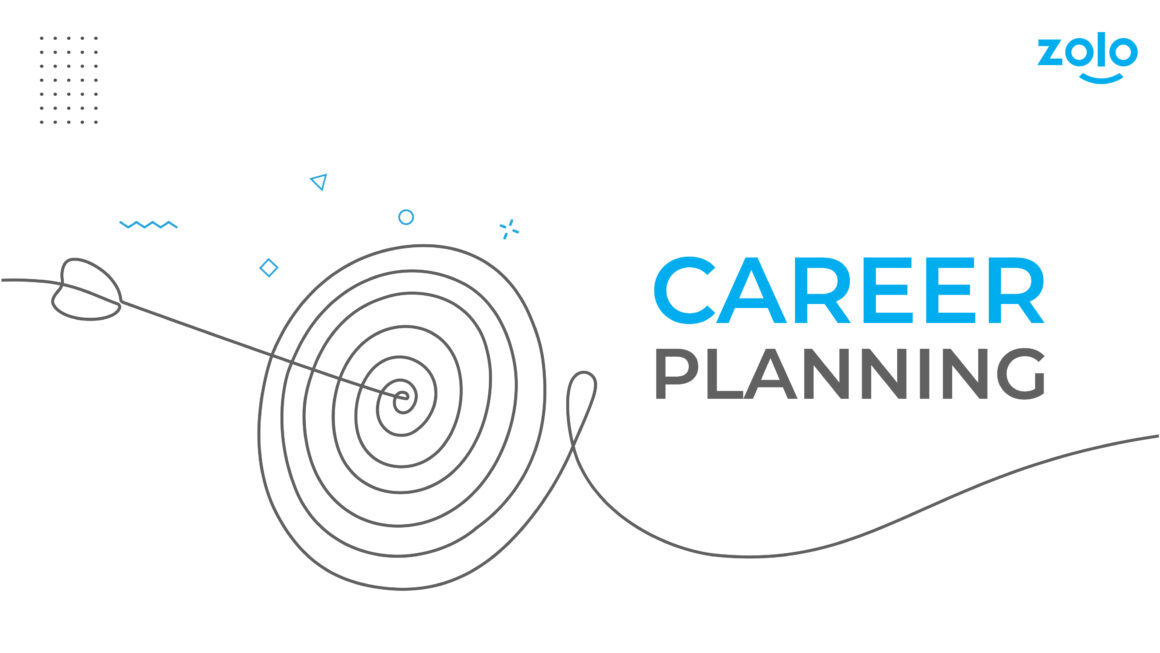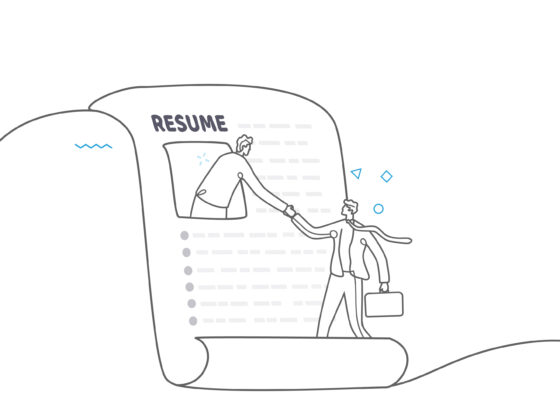Table of Contents

Embarking on your career journey as a fresher is a thrilling yet challenging adventure. With an array of possibilities ahead, it’s crucial to have a well-defined plan to guide you. Career planning is the structured process of identifying your goals, assessing your abilities, and mapping out the steps to realize your professional ambitions. This guide is designed to help you master the art of career planning, equipping you with the tools and insights needed to steer your career in the right direction.
Looking for comfortable and affordable coliving spaces to start your career in a new city? Zolostays offers flexible and hassle-free accommodations for young professionals.
Understanding Career Planning: Definition and Importance
Before diving into the details, it’s important to grasp the essence of career planning. Career planning is an ongoing process of setting personal career goals and determining the optimal steps to achieve them. It encompasses self-assessment, exploring potential career paths, setting objectives, and crafting a strategy to reach those objectives.
A well-thought-out career plan not only aids in making informed decisions but also keeps you motivated and focused on your long-term goals. As a fresher, dedicating time to career planning will arm you with a roadmap to navigate the complexities of the job market. Whether you’re drafting a career plan post-graduation or charting a course for your initial years, having a career strategy is crucial for success.
If you’re looking for a place to stay while you focus on your career planning, consider Zolostays for a vibrant and community-driven living experience.
The Career Planning Process: A Step-by-Step Approach
Step 1: Self-Assessment
The journey begins with self-assessment. This involves evaluating your interests, strengths, values, and skills. Tools like career planning worksheets or a career planner template can be invaluable at this stage.
Consider the following questions:
- What are my strengths and weaknesses?
- Which activities and tasks do I enjoy most?
- What core values guide me, and how do they align with potential career paths?
This self-assessment is foundational, not just for job planning, but for personal growth, setting the stage for realistic and attainable career goals.
Step 2: Research Career Options
Once you have a solid understanding of yourself, the next step is to explore various career paths. Utilize career planning resources such as industry reports, job descriptions, and informational interviews with professionals to gather insights. For fresh graduates navigating the job market for the first time, this phase of career exploration and planning is critical.
Step 3: Set SMART Career Goals
After researching your options, it’s time to set goals that are Specific, Measurable, Achievable, Relevant, and Time-bound (SMART). These goals act as milestones in your career planning cycle.
For example:
- Short-term goal: Earn a relevant certification within six months.
- Long-term goal: Attain a managerial position within five years.
These goals should align with your overall career strategy and support your growth over time.
Step 4: Create a Career Action Plan
With your goals defined, the next step is to develop a practical action plan. This is where a career planner template can be particularly useful. Your action plan should outline the necessary steps to achieve your goals, including acquiring new skills, gaining experience, and networking. This plan serves as your career roadmap, guiding you through each stage of your professional journey.
Step 5: Seek Career Counseling and Guidance
At this point, it’s wise to seek career counseling or participate in a career planning workshop. Expert guidance can help refine your plan and address any uncertainties. This step is especially beneficial for freshers who can gain valuable insights into job search strategies and industry trends.
Step 6: Implement and Monitor Your Plan
Begin taking concrete steps towards your goals, whether it’s enrolling in a course, applying for internships, or networking with industry professionals. Regularly review your career plan and adjust it as necessary. Remember, the career planning process is dynamic, so be ready to adapt as you grow and circumstances evolve.
Step 7: Continuous Career Development
Career planning doesn’t conclude once you land your first job. It’s an ongoing process that requires continuous learning and adaptation. Keep refining your skills, expanding your network, and reassessing your goals to stay on course.

Need a peaceful environment to assess your career options? Zolostays provides serene coliving spaces perfect for focused planning.
Tools and Resources for Effective Career Planning
To maximize your career planning efforts, consider these tools and resources:
- Career Planning Sample Format: A structured approach to mapping out your career path.
- Career Planning Worksheet: A tool to help organize your thoughts and plan your steps.
- Career Planner Template: A customizable template to track your progress and milestones.
- Career Planning Workshop: Participate in workshops to gain insights and expert guidance.
- Career Planning Tools: Online tools and apps designed to assist in exploring career options and planning your journey.
Maximize your career potential with the right environment. Check out Zolostays for flexible living options that adapt to your career needs.
The Balance of Career Planning and Development
Career planning is a vital skill for freshers stepping into the professional world. By following a structured career planning cycle and utilizing the right tools and resources, you can lay a strong foundation for your career. Remember, career planning isn’t a one-time activity but an evolving process that grows with your professional journey. Stay committed to your plan, and you’ll strike the balance between ambition and achievement.
With a well-crafted career plan post-graduation, you’re not just preparing for your first job; you’re setting the stage for a fulfilling and successful career. Start planning today and take charge of your professional future!
For a supportive and growth-oriented coliving environment, explore Zolostays, where your career and personal life can thrive together.
FAQs
For successful career planning, consider the following seven steps:
1. Conduct a self-assessment
2. Research career paths
3. Analyse the job market
4. Evaluate required skills
5. Weigh your options
6. Prepare for inteviews
7. Gain work experience
8 Steps to Crafting an Effective Career Plan:
1. Explore your career options
2. Rank your preferences
3. Evaluate your choices
4. Factor in External Considerations
5. Make an Informed Decision
6. Set SMART Goals
In this report, we define early-career workers as individuals aged 18 to 24 who are currently employed. Among these young adults, the gender distribution is evenly split between female and male.










